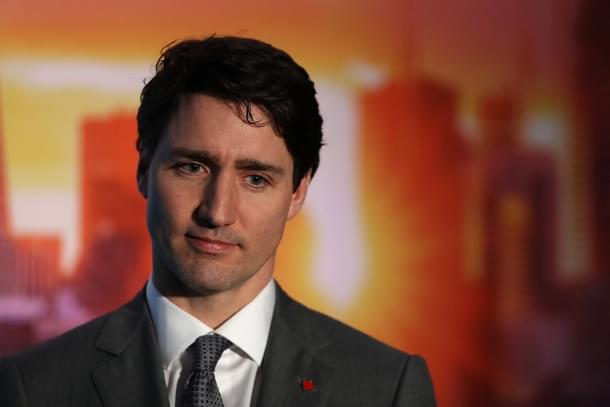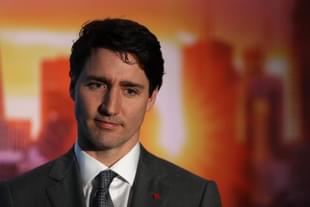News Brief
Canada’s Deputy PM Chrystia Freeland Resigns Over Differences With Justin Trudeau On Donald Trump's Proposed Tariffs
Arjun Brij
Dec 17, 2024, 01:22 PM | Updated 01:22 PM IST
Save & read from anywhere!
Bookmark stories for easy access on any device or the Swarajya app.


In a surprising move, Canada’s Deputy Prime Minister and Finance Minister Chrystia Freeland resigned on Monday (16 December) citing differences with Prime Minister Justin Trudeau over how to handle US President-elect Donald Trump’s proposed tariffs on Canadian imports.
Freeland’s departure marks the first public dissent from within Trudeau’s cabinet and raises questions about his leadership amid declining political support.
Freeland, a key figure in Trudeau’s government since the Liberals came to power in 2015, said in her resignation letter, “Our country today faces a grave challenge,” referring to Trump’s planned 25 per cent tariffs on Canadian imports. She added, “For the past number of weeks, you and I have found ourselves at odds about the best path forward for Canada.”
Freeland, who played a pivotal role in negotiating free trade agreements with the US and the EU, was recently tasked with managing Canada’s response to Trump’s policies.
However, she expressed frustration over Trudeau’s economic strategy, including his recent decision to implement a sales tax holiday, which she criticized as a “costly political gimmick.”
In her letter, Freeland explained that she had urged Trudeau to take the tariff threats “extremely seriously” to avoid a potential “tariff war” with the United States.
She emphasized the importance of maintaining fiscal discipline, stating: “That means eschewing costly political gimmicks, which we can ill afford.”
Freeland also revealed that Trudeau had proposed reassigning her to another cabinet role, prompting her decision to resign. “I have concluded that the only honest and viable path is for me to resign from the cabinet,” she wrote.
Freeland’s resignation has intensified scrutiny of Trudeau’s leadership. Recent polls show Trudeau trailing 20 points behind Conservative leader Pierre Poilievre, who has made three attempts since September to force a snap election.
Dalhousie University professor Lori Turnbull described Freeland’s exit as “a total disaster,” adding: “It really shows that there is a crisis of confidence in Trudeau. And makes it much harder for Trudeau to continue as prime minister.”
Genevieve Tellier, a professor at the University of Ottawa, noted that Freeland’s departure signals deeper divisions within Trudeau’s team. “Freeland’s rejection of his economic policies poses a big problem,” she said.
Opposition leaders were quick to seize on the development. Conservative deputy leader Andrew Scheer remarked, “This government is in shambles. Even she has lost confidence in Trudeau.”
Freeland’s resignation coincided with her scheduled update on Canada’s finances, amid reports that the government is set to exceed her deficit projections.
Freeland confirmed she would run in the next federal election, expected in 2025.
Arjun Brij is an Editorial Associate at Swarajya. He tweets at @arjun_brij





